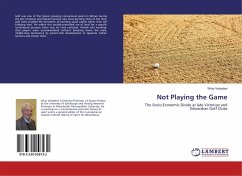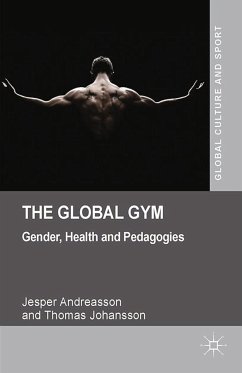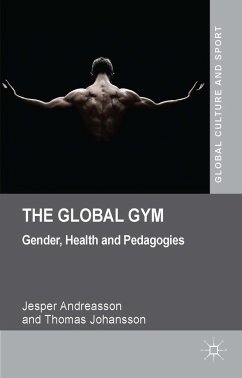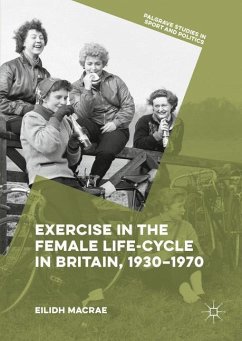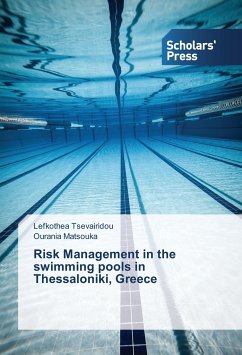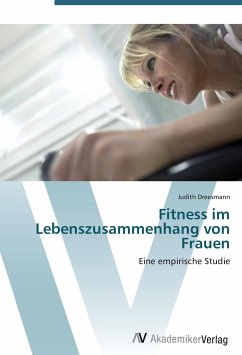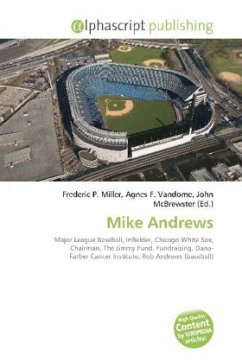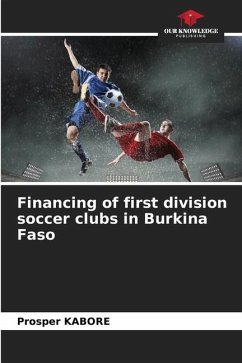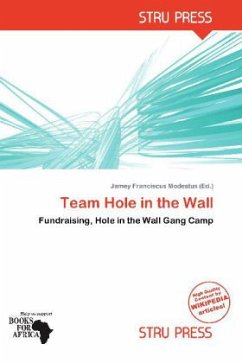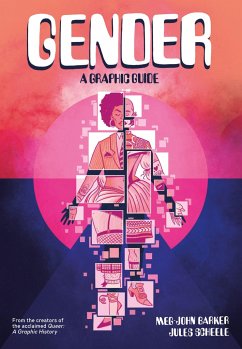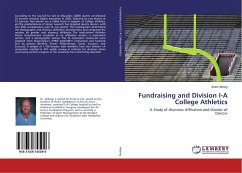
Fundraising and Division I-A College Athletics
A Study of Alumnus Affiliation and Gender of Donors
Versandkostenfrei!
Versandfertig in 6-10 Tagen
47,99 €
inkl. MwSt.

PAYBACK Punkte
24 °P sammeln!
According to the Council for Aid to Education (2003) alumni contributed 25 percent towards higher education in 2002, followed by non-alumni at 23 percent. Non-alumni are a viable force in support of college athletics, yet the predominance of donor research has targeted alumni donors, with very little consideration paid to non-alumni. This investigation determined the demographic and alumnus affiliation characteristics and compared the motives by gender and alumnus affiliation. The Institutional Athletics Donor Questionnaire consisted of an affiliation section, a motivation section, and a demog...
According to the Council for Aid to Education (2003) alumni contributed 25 percent towards higher education in 2002, followed by non-alumni at 23 percent. Non-alumni are a viable force in support of college athletics, yet the predominance of donor research has targeted alumni donors, with very little consideration paid to non-alumni. This investigation determined the demographic and alumnus affiliation characteristics and compared the motives by gender and alumnus affiliation. The Institutional Athletics Donor Questionnaire consisted of an affiliation section, a motivation section, and a demographic section. The 22 motivation constructs were adopted from Staurowsky's (1994) ACQUIRE-II instrument and factored into six groups: Benefits, Power, Philanthropic, Social, Success1, and Success2. A sample of 1,100 booster club members from two Division I-A universities resulted in 410 usable surveys. A criterion for alumnus status was having earned a degree at the university from which they donated.



